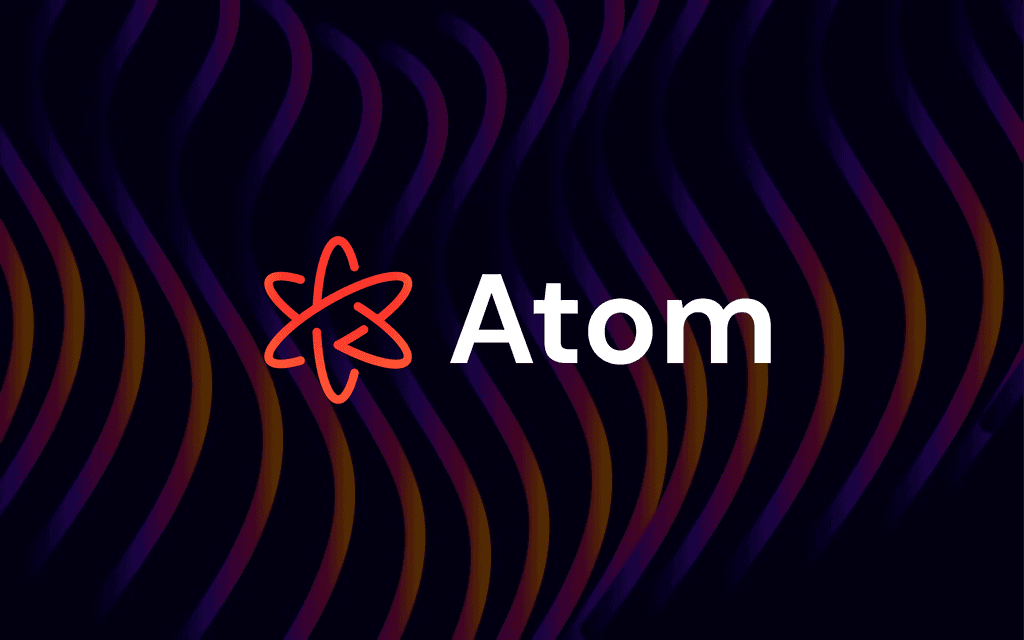The Challenges and Benefits of Implementing Digital Transformation in Higher Education
Learn about the challenges and benefits that come with implementing digital transformation in higher education and how it can revolutionize the research administration process.

In today's rapidly changing digital landscape, it has become crucial for higher education institutions to adapt to the latest technologies. Digital transformation offers a wide array of benefits that can revolutionize the way research administration is conducted. In this blog post, we will explore the challenges and benefits associated with implementing digital transformation in higher education.
Challenges of Implementing Digital Transformation in Higher Education
-
Resistance to Change: One of the main challenges in implementing digital transformation is overcoming resistance to change. Many universities and colleges have established processes and systems in place, making it difficult to introduce new technologies. Convincing stakeholders and faculty members of the need for change can be a time-consuming and delicate task.
-
Budget Constraints: Budget constraints can also hinder the implementation of digital transformation. Allocating funds for necessary infrastructure, software, and staff training can be challenging, especially for institutions facing financial limitations. However, the long-term benefits of digital transformation often outweigh the initial costs.
-
Data Security Concerns: Higher education institutions handle a vast amount of sensitive data related to research grants. Ensuring data security and compliance with privacy regulations is a crucial concern when implementing digital transformation. Safeguarding data from cyber threats and maintaining data integrity becomes paramount.
Benefits of Implementing Digital Transformation in Higher Education
-
Increased Efficiency: Digitizing research administration processes streamlines workflows, reduces paperwork, and automates repetitive tasks. This efficiency allows researchers, faculty, and administrators to focus more on critical tasks and spend less time on administrative work. By eliminating manual processes, digital transformation enhances productivity and saves valuable time.
-
Improved Collaboration and Communication: Digital transformation facilitates seamless collaboration among researchers, faculty members, and administrators. Cloud-based platforms and tools enable real-time sharing of information, easy communication, and effective teamwork. This boosts innovation, improves research outcomes, and enhances the overall learning experience within higher education institutions.
-
Enhanced Data Analysis and Insights: Digital transformation provides access to robust data analytics tools that can generate valuable insights. By collecting and analyzing data related to research grants, institutions can make informed decisions, identify trends, and optimize funding strategies. These data-driven insights empower universities and colleges to allocate resources effectively and increase the success rate of research proposals.
-
Better Student Experience: With digital transformation, students can enjoy a more streamlined and personalized experience. Online portals and platforms provide easy access to research opportunities, grant applications, and resources, enabling students to pursue their research interests efficiently. This accessibility improves student engagement, encourages participation in research initiatives, and contributes to their overall academic success.
Implementing digital transformation in higher education comes with its set of challenges. However, the benefits of streamlining research administration, improving collaboration, and enhancing data analytics make it a worthwhile endeavor. Embracing digital transformation can transform the way research grants are found, written, and managed, ultimately revolutionizing higher education institutions' approach to research administration.
Get started here with Atom, the AI-powered research administration SaaS business that automates the process of finding, writing, and managing research grants.